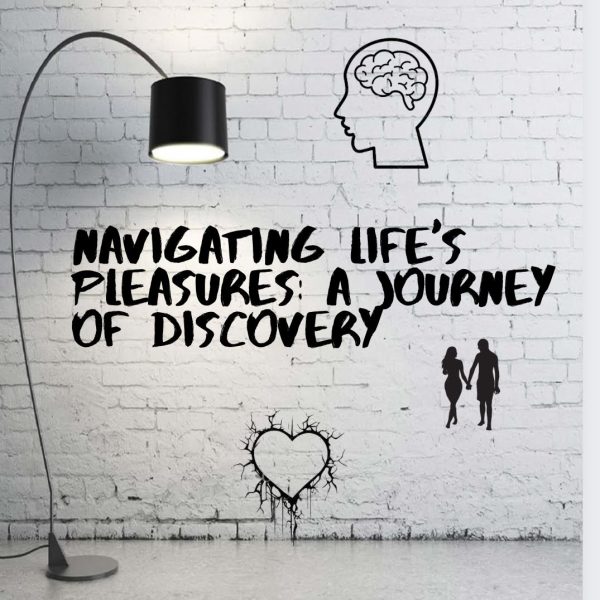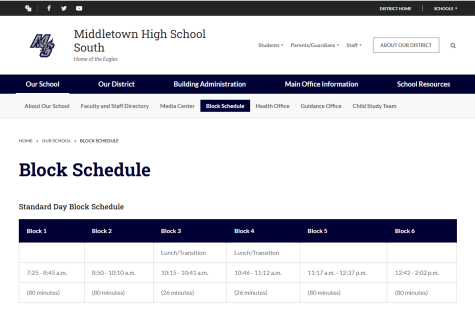A-Boo-tiful Worldview (Op-Ed): The Pendulum of Pedagogy
Revitalizing the Lost Pursuit of Knowledge

Generation Y need not remain a bystander in the insular cave
“It is possible to store the mind with a million facts and still be entirely uneducated.”
– Alec Bourne
Educational systems that stress standardized test scores over independent reasoning have skewed education’s lofty purpose. What Horace Mann once claimed was the bastion of democracy is now an investment in a socially ingrained view of “success.” The pendulum of pedagogy is no longer swinging but falling into the insular cave from Plato’s Allegory; the result is a deceived Generation Y who is taught that the futile information that fills its hippocampus constitutes knowledge. Declining educational standards have therefore rendered a global population of underachieving automatons who are content to forego the pursuit of knowledge in search of yet another rung on the socioeconomic hierarchy. Such a social dilemma necessitates federal reform and civic awareness.
To counter memorization-based pedagogy and expose students to self-driven education, governments should mandate Montessori schools that adhere to John Dewey’s principle of progressive education. Implementing charter secondary schools that offer both a general syllabus and specialized curriculums for interested students advances the Montessori ideal of individual initiative by enhancing academic passions. This fosters higher educational standards through an emphasis on the learning process, stifling the motive to cheat that caused 125 Harvard students to transgress their university’s motto of Veritas. Urging institutions of higher learning to decrease admissions weighting of college entry exams to 15% will relieve the need for South Korean students to illegally attend “cram” schools after 10:00 p.m. in order to pass the College Scholastic Ability Test. This reduced emphasis on admission statistics revitalizes knowledge from a means of socioeconomic “success” to one of self-discovery. For children who struggle with Montessori-based learning, vocational schools will permit skill training and accreditation for careers ranging from carpentry to electrical maintenance. There, students can hone talents and attain contentment, fulfilling education’s true function as a promoter of individual creativity.
Just as Paine’s Common Sense incited colonial opposition to King George III, so too will the capitalization of social media and newspapers encourage education reform. Appointing Montessori spokespersons and mimicking the appeals to ethos used by Du Bois during the Civil Rights Movement ensure populous exposure to the benefits of self-motivated education. Both teacher and student dissent through appeals to boards of education further encourages the local transition to charter schools, necessitating a government mandate to guarantee all students receive equal access to self-driven academia.
Generation Y need not remain a bystander in the insular cave. With government aid in establishing a Montessori-based curriculum and with civic awareness, the intellectually lost Generation can emerge as an active participant in the transfer of knowledge. This revolution against the assembly-line like method of producing perfunctory students will breed an evolution that lays the responsibility of raising academic standards on the public.










